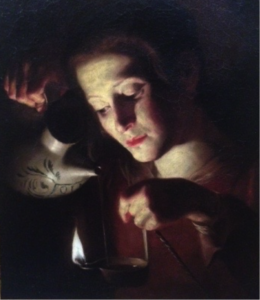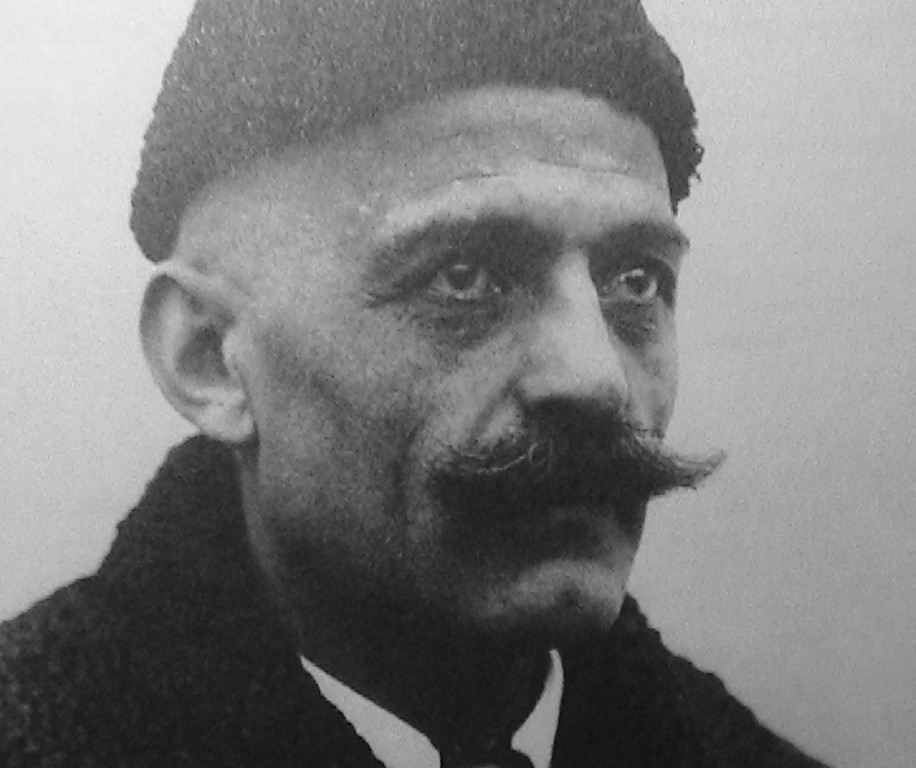How can we use suffering and what is transformation of suffering?
Stir up the fire and put the heart on the coals.
~ Mayan Texts
 As many teachings suggest, suffering is inevitable in human life. The Fourth Way teacher, Maurice Nicoll, once wrote, “Life is a pain factory.” Fourth Way writers speak of various forms of suffering: physical, emotional, intentional, voluntary, real, and unnecessary.
As many teachings suggest, suffering is inevitable in human life. The Fourth Way teacher, Maurice Nicoll, once wrote, “Life is a pain factory.” Fourth Way writers speak of various forms of suffering: physical, emotional, intentional, voluntary, real, and unnecessary.
Examples of Real Suffering
Examples of real or necessary suffering are physical pain, with which we are all familiar, and real emotional pain, such as the loss of a loved one, or seeing some unpleasant aspect of oneself. Giving up one’s imaginary picture of oneself can be very painful. Giving up buffers, attitudes, or beliefs that prevent us from seeing troubling aspects of reality can also cause real emotional pain.
Acceptance can turn pain into a greater awareness of the present. Discerning the cosmic processes and laws that govern us can lead to higher understanding. In the Fourth Way, we work with real suffering by transforming it. This means using the pain, whether mild or severe, to drive us to divide our attention and be present. Seeing ourselves and struggling to find and accept new attitudes are examples of intentional or voluntary suffering that we undertake in our efforts to be more awake.
To destroy suffering would mean, first, destroying a whole series of perceptions for which man exists, and second, the destruction of the ‘shock,’ that is to say, the force which alone can change the situation. – P.D. Ouspensky
The Role of Suffering
Transformation of suffering leads to change of being. We return to an awareness that can remain constant in the face of life’s irritations and sorrows. In this way we find a way out from the stimulus-response habits of life. Ouspensky said, “The creation of unity is not the result of conflict. It is the result of struggle with conflict.” It is what we do with conflict that makes it valuable. The struggle is to hold the “yes” and “no” within oneself, the split between reacting and resisting to stimuli we experience. This double awareness can lead us to a state beyond division.
Higher states are the result of transformation, and have the characteristic of greater unity. As described by P. D. Ouspensky, in his book on Gurdieff and the Fourth Way, In Search of the Miraculous:
What may be called the ‘astral body’ is obtained by means of fusion, that is, by means of terribly hard inner work and struggle. Man is not born with it.
The fire by means of which fusion is attained is produced by ‘friction,’ which in its turn is produced in man by the struggle between ‘yes’ and ‘no.’ If a man gives way to all his desires, or panders to them, there will be no inner struggle in him, no ‘friction,’ no fire. But if, for the sake of attaining a definite aim, he struggles with desires that hinder him, he will then create a fire which will gradually transform his inner world into a single whole.
And from Gurdjieff, Lectures, 1941:
One needs fire. Without fire, there will never be anything. This fire is suffering, intentional suffering, without which it is impossible to create anything. One must prepare, must know what will make one suffer and when it is there, make use of it. Only you can prepare, only you know what makes you suffer, makes the fire which cooks, cements, crystallizes.. Suffer by your defects, in your pride, in your egoism. Remind yourself of the aim.
